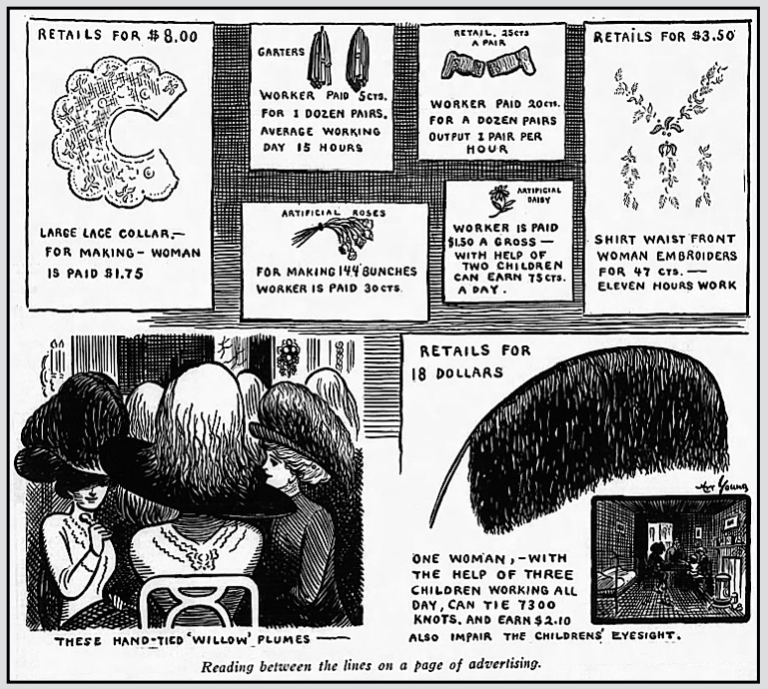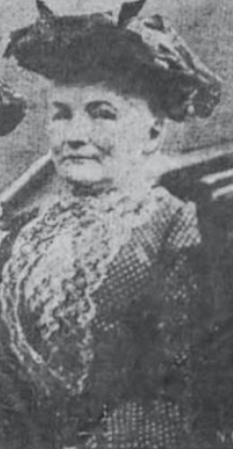 —————
—————
Hellraisers Journal – Sunday January 18, 1903
“Bishop Spalding and Socialism” by Editor Algie M. Simons
From the International Socialist Review of January 1903:
Bishop Spalding and Socialism.*
[by A. M. Simons]
—————[Part II of II]
Again, in [Bishop Spalding’s] recognition of the class character of our present law, he comes very close to Socialism. Speaking of punishment for crime, he says:
The delinquents who are incarcerated are chiefly the poor, who had they money to pay the fines would escape punishment. The heaviest punishment is inflicted on the most helpless, and frequently on the least guilty; and thus the morally weak, the victims of unfortunate environments, are degraded, hardened, and made habitual offenders.
I do not wish to push the matter too far and to ascribe too great a comprehension of or favorable attitude towards Socialism on the part of Bishop Spalding. But on page 58 we see some thing that reads very like a description of the rise of proletarian class consciousness. He says:
The laborers, who in proportion as their minds have been awakened, have become conscious of the hardships and limitations to which they are subject, feel this more keenly than any other class, and hence they have formed in numerable organizations to protect their rights and promote their interests.
Finally, we would seldom find a harsher indictment against the capitalist system than is to be found on pages 173 and 174:
The political and social conditions which involve the physical deterioration and the mental and moral degradation of multitudes are barbarous, and unless they are improved must lead to the ruin of the State. From this point of view, which is the only true point of view, our present economic and commercial systems are subversive of civilization. They sacrifice men to money; wisdom and virtue to cheap production and the amassing of capital. They foster greed in the stronger and hate in the weaker. They drive the nations to competitive struggles which are as cruel as war, and in the final results more disastrous; for their tendency is to make the rich vulgar and heartless, and the poor reckless and vicious. As stratagems and lies are considered lawful in war, so in the warfare of commercial competition opinion leans to the view that whatever may be done with impunity is right. The adulteration of food and drink, the watering of stocks, the bribing of legislators, the crushing of weaker concerns, the enforced idleness of thousands, who are thereby driven to despair and starvation, are not looked upon as lying within the domain of morals, any more than the shooting of a man in battle is considered a question of morality. The degradation and ruin of innumerable individuals are implications of the law of competition, just as in the struggle for existence there is a world-crushing and destruction of the weak by the strong.

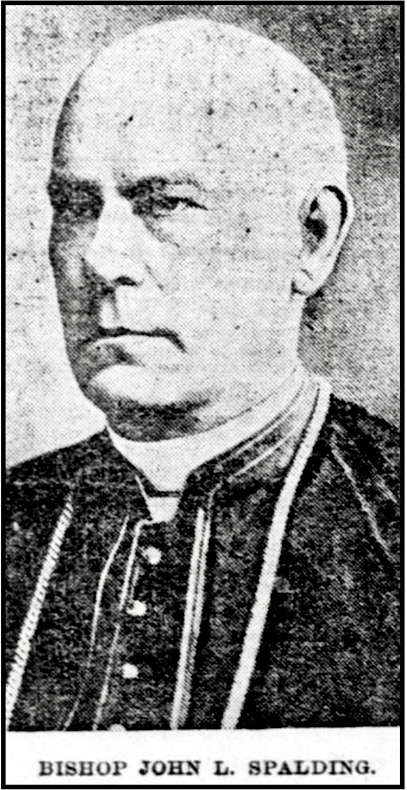
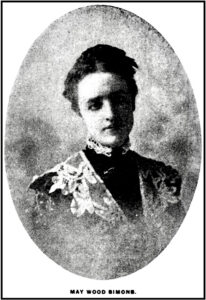
 —————
—————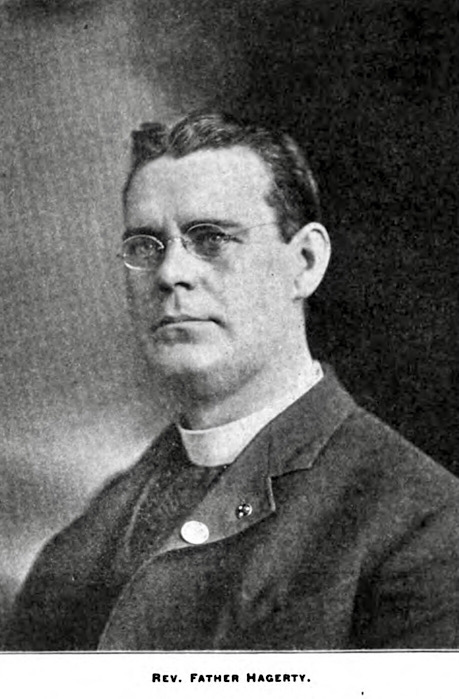
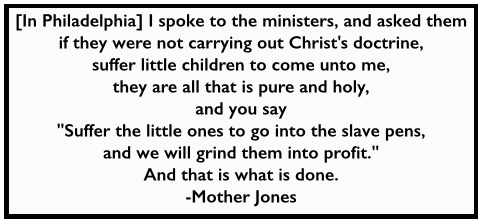 —————
—————